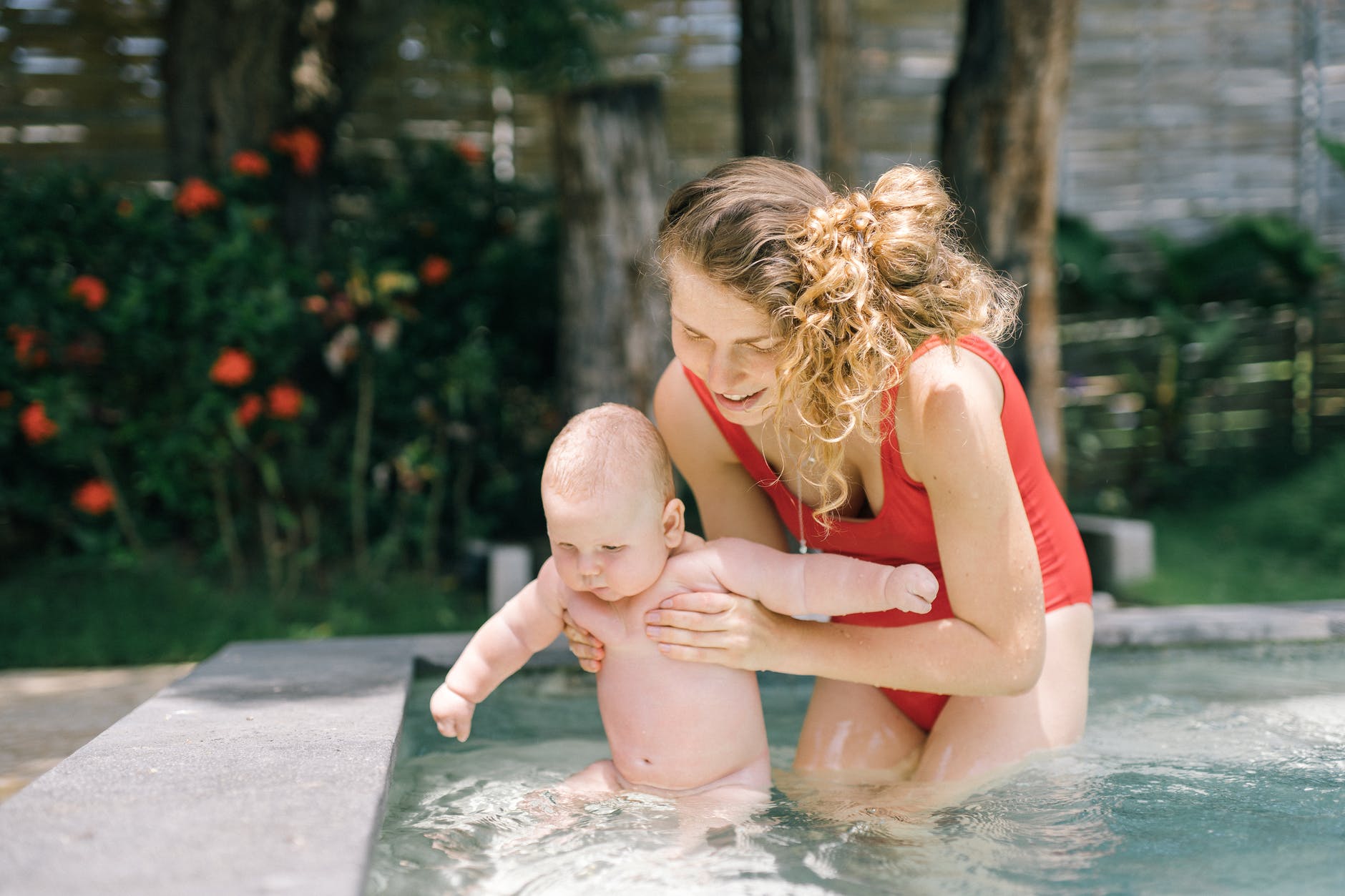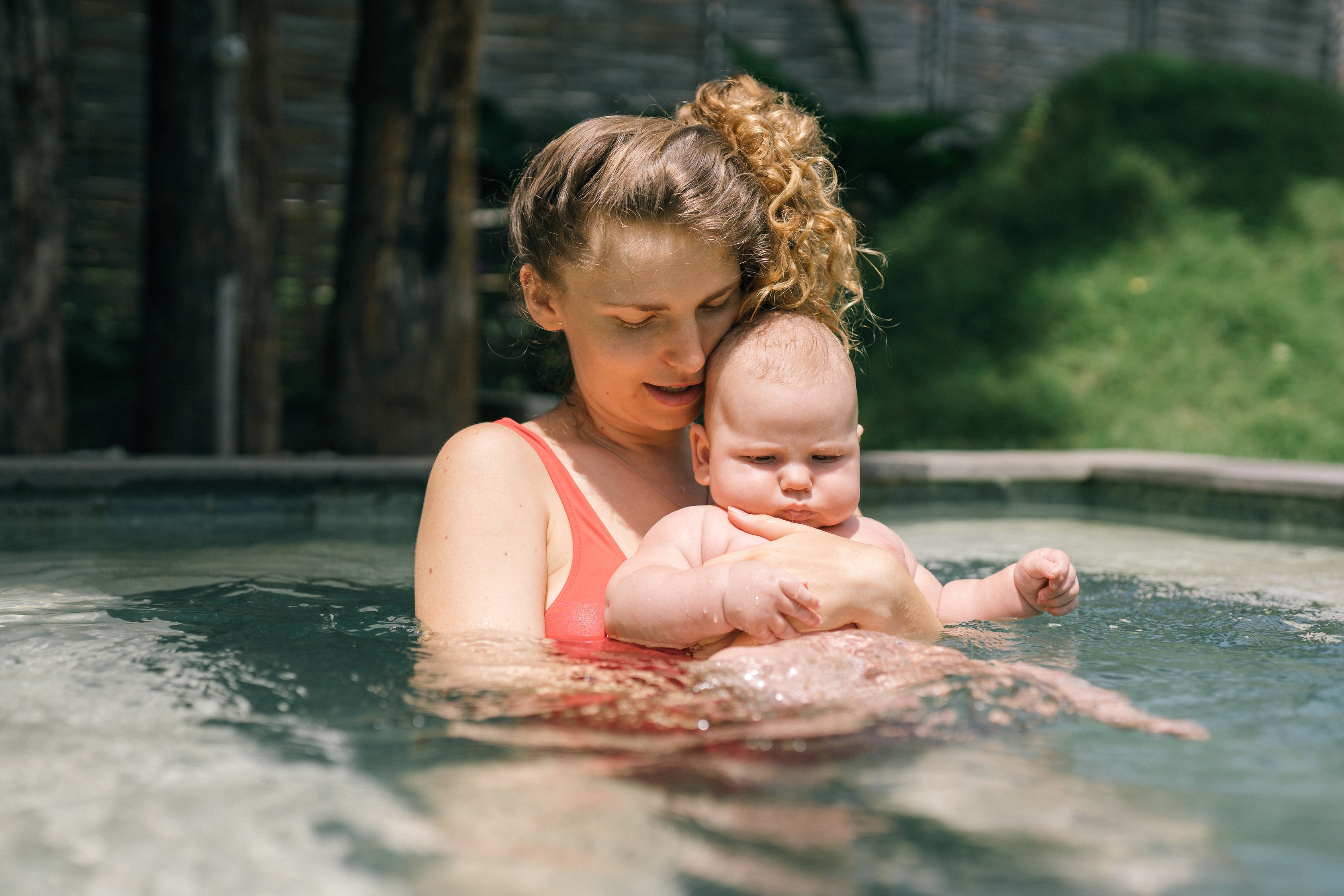8 Essential Benefits of Swimming for Babies
Feb 13, 2022 01:25
Photo by Yan Krukov from Pexels

We are all aware that swimming is beneficial to our physical health. It raises our heart rate, increases endurance, and strengthens our muscles. Furthermore, swimming gets our children's limbs moving, giving them a workout while allowing them to get some much-needed rest. But did you realize that there are even more advantages to taking your infant swimming?
Introducing your infant to the pool may help them develop tremendously. That's because everything we teach your kid in the water is designed to correspond to their critical developmental stages. Check out swim lessons for babies and get your child used to being in the water to gain the following benefits:
1. Decrease the likelihood of drowning
Swimming lessons for children above the age of four may help to lower the chance of drowning. The majority of drownings among children under the age of four occur in backyard swimming pools. If you have access to a pool, taking early swim classes may be beneficial. Even newborns may be taught swimming abilities, such as how to float on their backs, by their parents.
However, for newborns under one year of age, this does not make them any more protected from drowning. Even if your kid has taken swim classes, you should still watch them closely at all times while they are in or near the water.
2. Sensory Development
Neuroscience research is increasingly demonstrating that the human brain grows at an incredible pace between birth and the age of three. However, the first year is critical for developing your child's cognitive. Engaging the senses is one of the best methods to feed neurons and promote brain growth.
Swimming classes for infants, as you would expect, may help with this. Interacting with water, learning new motions, seeing a broad array of new items, and seeing new individuals all cause neurons to fire. Each of these factors' novelty and sensory distinctions contributes significantly to sensory development.
3. Muscle growth and development
At an early age, swimming may aid in the development of critical muscular control and coordination in neonates. Little ones will need to concentrate on developing the muscles that will allow them to keep their heads above water, move their legs and arms, and operate their core in conjunction with the entire body as they grow.
It is not only on the exterior that swimming time for newborns boosts their muscular strength and ability, but it also has inside advantages since it gets their joints moving. Swimming is also beneficial for cardiovascular health and will improve your child's lungs, heart, and blood vessels as they grow older.
4. Enhances their appetite
There's nothing quite like a day at the pool or on the beach to leave you feeling peckish, and newborns aren't any exception to this rule. They burn many calories because of all of the physical activity in the pool and the energy they need for their tiny bodies to remain warm. Following frequent swimming sessions, you will most likely notice an improvement in your baby's appetite.
5. Sleeping habits are improved
Photo by Yan Krukov from Pexels

Babies use a great deal of energy while they are in the pool. They're in an unfamiliar environment, utilizing their bodies in whole new ways and exerting more effort to remain warm. Your child may seem to be sleepier after swimming due to the increased energy expenditure resulting from the additional exercises.
It is possible that you will need to schedule a nap after swimming or that you will need to shift your bedtimes forward on days when swimming is part of your routine.
6. Creates bonding time
Infant swimming classes provide a fantastic chance for parents and children to bond and play together. They offer you the opportunity to support your baby as they explore a new area, as well as the opportunity for the two of you to develop effective communication and enjoy yourself.
Having a constant activity with your child helps in strengthening your relationship with them. Your kid will also begin to understand that you must be there with them to swim, which will be quite beneficial in enhancing pool safety.
7. Builds self-confidence
The satisfaction of learning new abilities in swimming classes provides your child with a feeling of self-worth, which helps them feel more secure in themselves. It encourages youngsters to be eager to attempt new things and to have a positive self-image as they grow older.
8. Aids Social Development
Swimming classes are an activity in which children learn to respect one another's personal space and work together. Learning these abilities at a young age will benefit them later in life when they enroll in school. Your youngster will feel more at ease in groups and will have a better chance of learning to share with others.
Conclusion
Pediatricians often advise parents to keep their young kids away from a swimming pool that contains an excessive amount of chlorine because of the fragile immune systems of children under the age of one. You should also not keep your kid in the pool for an extended period.However, kids who do not get exposure to water at a young age develop a negative attitude about swimming and fear of swimming in general.







































































